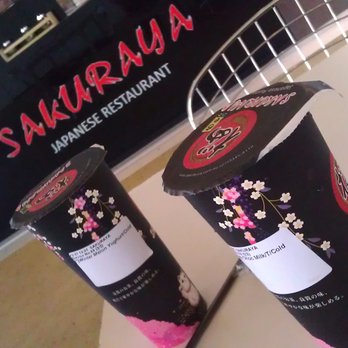Mother-and-son operators of a Brisbane caf have been penalised almost $200,000 for exploiting vulnerable overseas workers, and ordered to back-pay former staff tens of thousands of dollars.
Caf owner-operators A-Hsueh Lai and Chang Ming Liu short-changed five female staff from Taiwan, Hong Kong and Korea more than $54,000.
Paid as little as $10 an hour, the former visa-holders were underpaid amounts ranging from $8,300 to more than $18,000 when they worked at the Japanese Sakuraya caf in the Brisbane suburb of Eight Mile Plains between 2013 and 2014.
Following an investigation and legal action by the Fair Work Ombudsman, the caf operators have now been penalised a total of $196,000.
Lai and Liu have each been penalised $28,000 and their company, Sakuraya Warrigal Pty Ltd, has been penalised a further $140,000, including record-keeping penalties.
Under the Fast Food Industry Award, the casual employees were entitled to receive more than $18 for ordinary hours and penalty rates ranging from $21 to $50 for weekend, weeknight and public holiday work.
Judge Salvatore Vasta has also ordered that they fully rectify outstanding wages and entitlements of $54,594 (plus interest) owing to their former staff.
Further, Vasta instructed that costs of more than $12,000 be paid to the Fair Work Ombudsman towards the cost of flying witnesses from overseas to Brisbane for the litigation.
This is the first successful costs Order sought by the Fair Work Ombudsman in relation to international witness travel for a trial that did not proceed.
The Court heard that the employees, whose main duties included making specialty teas, were often promised higher pay rates if they passed “tea-making tests” set by their employer – only to have their wages docked for the cost of the drinks made when they were deemed to have failed.
Fair Work Ombudsman Natalie James said the agency took legal action because of the employer’s refusal to rectify the back-payments and because Liu had previously been apprised of his workplace obligations following complaints from other employees of an associated entity of the business dating back to 2012.
After their late admissions, Lai and Liu made a series of submissions in Court about why they believed they should receive only a fraction of the applicable maximum penalties.
These included that as Taiwanese nationals, English was their second language and they did not fully understand their obligations to employees in Australia.
They also asserted that the employees never complained about being paid $10 an hour and that their accountant had failed to advise them of their record-keeping and pay-slip obligations.
Further, Lai and Liu indicated they felt “insulted” that for the purposes of determining Award coverage, their cafes had been classified as fast-food outlets and not restaurants.
They also claimed they had wanted to back-pay the employees, but did not have their bank details – and submitted that a large penalty was not appropriate because their small business had made losses over successive years.
James said the penalty decision is a strong wake-up call to employers who think they can ignore their workplace obligations.
She added that a failure by vulnerable employees to complain about being underpaid is also no excuse for employers to continue to take advantage of staff, particularly when the employer has previously been apprised of its minimum wage responsibilities.
“I am increasingly concerned about the number of matters where visa-holders are being underpaid by culturally and linguistically diverse (CALD) business owners … and while I understand there are cultural challenges and vastly different laws in other parts of the world, it is incumbent on all businesses operating in Australia to understand and apply Australian laws. To that end, the Fair Work Ombudsman is here to help with free advice and resources in a range of languages,” she said.

